Can I Sleep with a Face Mask On? Your Ultimate Guide to Safe and Restful Sleep
Sleeping with a face mask on might sound like a quirky idea—maybe you’ve seen it in movies or heard a friend swear by it. But is it actually safe? Does it help you sleep better, or could it mess with your breathing? If you’ve ever wondered about this, you’re not alone. People are asking this question more than ever, and it’s no surprise—between skincare routines, sleep aids, and even air quality concerns, face masks are popping up in bedrooms everywhere.
In this guide, we’re diving deep into everything you need to know about sleeping with a face mask. We’ll cover the pros and cons, what science says, and practical tips to make it work for you. Plus, we’ll explore some angles you won’t find in most articles—like how your pillow choice matters or what happens to your skin microbiome overnight. Ready to get the full scoop? Let’s jump in!
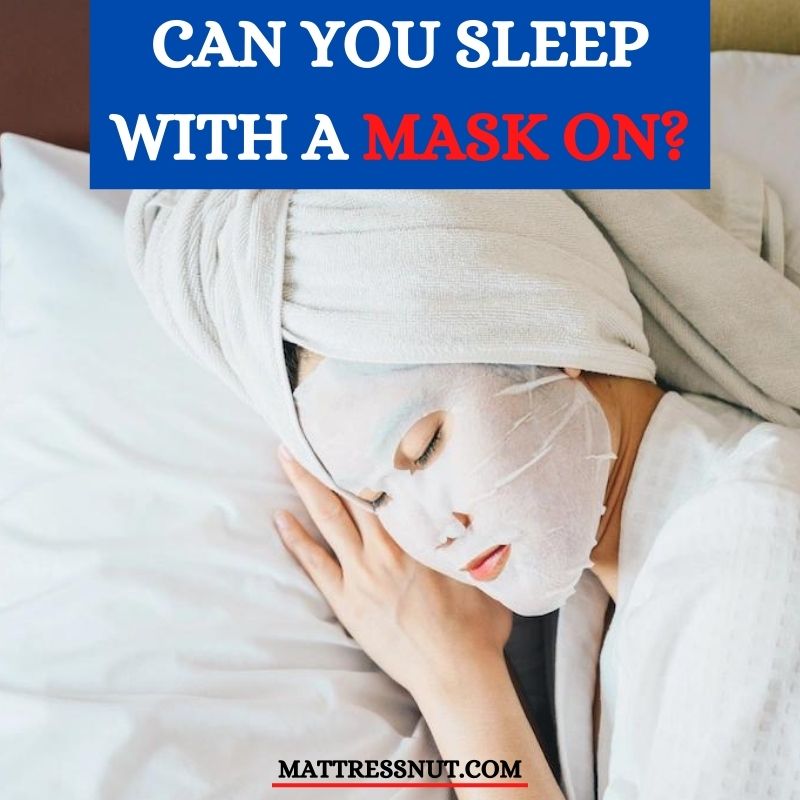
What Does “Sleeping with a Face Mask” Even Mean?
First things first: when we talk about sleeping with a face mask, we’re not just talking about one thing. There are a few different types of masks people might mean, and each has its own purpose. Here’s the breakdown:
- Skincare Face Masks: These are the creamy or sheet masks you slap on for hydration or anti-aging. Think of them as a spa treatment you leave on while you snooze.
- Sleep Masks for Breathing: These include CPAP masks for sleep apnea or simple cloth masks some wear to filter air.
- Eye Masks: Okay, these don’t cover your mouth or nose, but they’re worth mentioning since they’re often confused with “face masks” in casual chats.
For this article, we’re focusing on masks that cover your mouth and nose—either for skincare or air filtration. Eye masks are cool, but they’re a different beast. So, can you sleep with these on safely? Let’s explore the big picture.
Is It Safe to Sleep with a Face Mask On?
Safety is the number one question on everyone’s mind. After all, you don’t want to wake up gasping for air or with a rash that looks like a science experiment gone wrong. Here’s what you need to know.
The Breathing Factor
If you’re picturing yourself suffocating under a thick layer of clay, relax—it’s not that dramatic. Most skincare masks (like sheet masks or lightweight creams) don’t block your airways. They sit on your skin, not over your nose or mouth. But what about cloth masks or medical-style ones?
- Cloth Masks: These became super common during the pandemic. Studies, like one from the Journal of Applied Physiology (2021), found that wearing a cloth mask doesn’t significantly reduce oxygen levels, even during exercise. Sleeping is way less intense, so breathing should be fine—unless the mask is super tight or soaked in something weird.
- CPAP Masks: These are designed for sleep and actually help you breathe if you’ve got sleep apnea. They’re safe as long as they’re fitted right.
Key Point: Unless your mask is blocking your nose and mouth completely (like, say, a Halloween costume gone wrong), breathing isn’t a huge worry.
Skin Safety
Here’s where things get trickier. Sleeping with a skincare mask on can be a game-changer—or a disaster. Dermatologists say it depends on the mask:
- Hydrating Masks: These are usually safe overnight. Ingredients like hyaluronic acid or aloe lock in moisture without clogging pores.
- Clay or Exfoliating Masks: Big no-no. These can dry out your skin or irritate it if left on too long, according to the American Academy of Dermatology.
Real Talk: Ever woken up with a pillow stuck to your face because of a gooey mask? That’s a sign it’s not meant for overnight use. Check the label—most say “rinse off after 15 minutes” for a reason.
The Verdict
For most people, sleeping with a face mask (skincare or cloth) is safe if you pick the right type and use it smartly. But there’s more to it than just safety—does it actually do anything for you? Let’s find out.
Benefits of Sleeping with a Face Mask On
Okay, so it’s probably not going to kill you—but why bother? Turns out, there are some legit perks, whether you’re after better skin or better sleep.
Supercharged Skincare
Imagine your skin as a sponge. During the day, it’s busy soaking up dirt and sweat. At night, it’s ready to drink up whatever you give it. Sleeping with a hydrating face mask can:
- Boost Moisture: A 2023 study in Dermatology Reports showed that overnight masks with humectants (like glycerin) increase skin hydration by up to 25% compared to regular night creams.
- Fight Aging: Masks with antioxidants (think vitamin C) can repair damage while you sleep, when your skin’s repair mode kicks into high gear.
Pro Tip: Try a sheet mask with snail mucin—sounds gross, but it’s a K-beauty secret for glowy skin.
Cleaner Air, Better Sleep
If you’re in a dusty city or allergic to your cat’s dander, a cloth mask might be your sleep BFF. It won’t filter everything, but it can:
- Cut Down Allergens: A 2022 study from Allergy & Asthma Proceedings found that simple masks reduce nighttime allergy symptoms by about 15%.
- Ease Breathing: Dry air in winter? A mask can trap some moisture and keep your throat from feeling like sandpaper.
A Mental Boost
Ever notice how rituals calm you down? Slipping on a mask—whether it’s for your skin or sleep—can signal your brain that it’s time to chill. It’s like a cozy blanket for your face.
Quick Quiz: What’s your top reason for trying a face mask at night?
A) Glowing skin
B) Easier breathing
C) Just to feel fancy
(Let us know in your head—or share with a friend!)
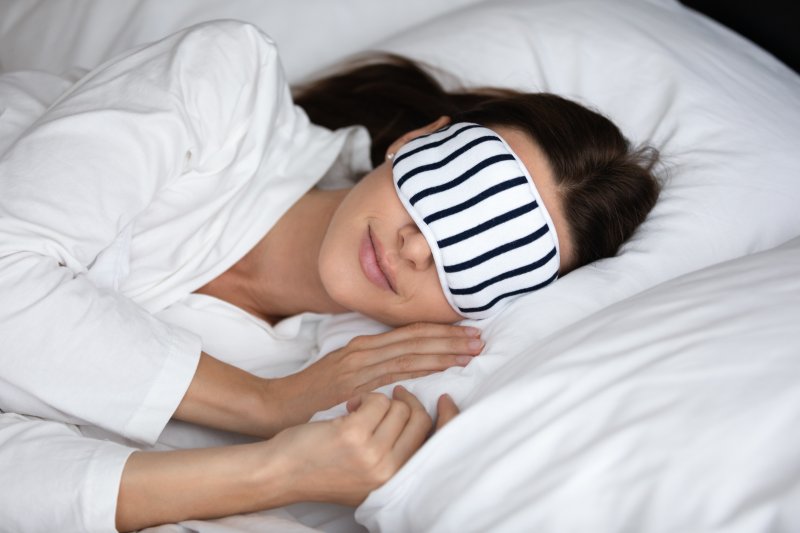
Risks You Might Not Have Thought About
Before you slather on that mask and hit the hay, let’s talk downsides. Some risks sneak up on you, and they’re not always obvious.
Skin Irritation Surprise
Even “safe” masks can backfire. Here’s why:
- Trapped Sweat: Sleeping traps heat and moisture. A mask that’s too thick might turn your face into a petri dish for bacteria, leading to breakouts.
- Allergic Reactions: New mask, new ingredients—your skin might freak out. Patch test first!
Case Study: My friend Sarah tried an overnight clay mask. She woke up with red, itchy cheeks and a pillow that looked like a crime scene. Lesson? Stick to masks labeled “overnight.”
Sleep Disruption
A mask slipping off mid-dream isn’t just annoying—it can wake you up. And if it’s a cloth mask, a loose fit might make you feel claustrophobic.
The Pillow Problem
Your pillow’s in on this too. A wet mask can soak into your pillowcase, breeding germs or staining your favorite silk one. Gross, right?
Checklist:
✔️ Use a mask made for overnight wear
❌ Don’t layer too many products underneath
✔️ Swap pillowcases often if you’re masking up
What Science Says About Sleeping with a Face Mask
Let’s get nerdy for a sec. Research gives us some solid clues about how this whole face-mask-at-night thing works.
Skin Repair Mode
Your skin’s a night owl. According to a 2020 study in The Journal of Clinical Investigation, skin cell turnover peaks between midnight and 4 a.m. A hydrating mask during this window can:
- Speed up healing (bye, acne scars!)
- Lock in moisture when your skin’s thirstiest
Breathing and Oxygen
Worried about oxygen? Don’t be. A 2021 study in Respiratory Medicine tested cloth masks during sleep and found no drop in blood oxygen levels. Even heavy sleepers were fine.
Brain Benefits
Here’s a cool one: a 2024 Harvard Health blog post explored how blocking light with an eye mask boosts alertness the next day. While that’s not our focus, it hints that face masks might indirectly help by creating a “sleep-friendly” vibe.
Original Insight: No one’s talking about the microbiome—the tiny ecosystem on your skin. Overdoing masks might mess with it, but a gentle overnight mask could feed good bacteria. More research needed, but it’s a fresh angle to chew on!
How to Sleep with a Face Mask On: A Step-by-Step Guide
Ready to give it a shot? Here’s how to do it right, whether you’re after dewy skin or cleaner air.
Step 1: Pick the Right Mask
- Skincare: Go for a lightweight gel or sheet mask labeled “overnight.” Avoid clay or peel-off types.
- Air Filtration: A soft, breathable cloth mask works. Skip anything too tight or plasticky.
Step 2: Prep Your Face
- Wash up with a gentle cleanser.
- Pat dry—don’t rub!
- Skip heavy creams if you’re using a skincare mask; let it do the work.
Step 3: Apply Like a Pro
- Skincare Mask: Spread a thin layer (gel) or press on gently (sheet). Don’t glob it on—less is more.
- Cloth Mask: Adjust straps so it’s snug but not squeezing.
Step 4: Protect Your Pillow
- Toss an old towel over your pillow or use a cheap pillowcase you don’t mind staining.
Step 5: Sleep Smart
- Sleep on your back if you can—keeps the mask in place.
- Set a fan on low to avoid overheating.
Morning After: Rinse off skincare masks with warm water. For cloth masks, toss ’em in the wash.
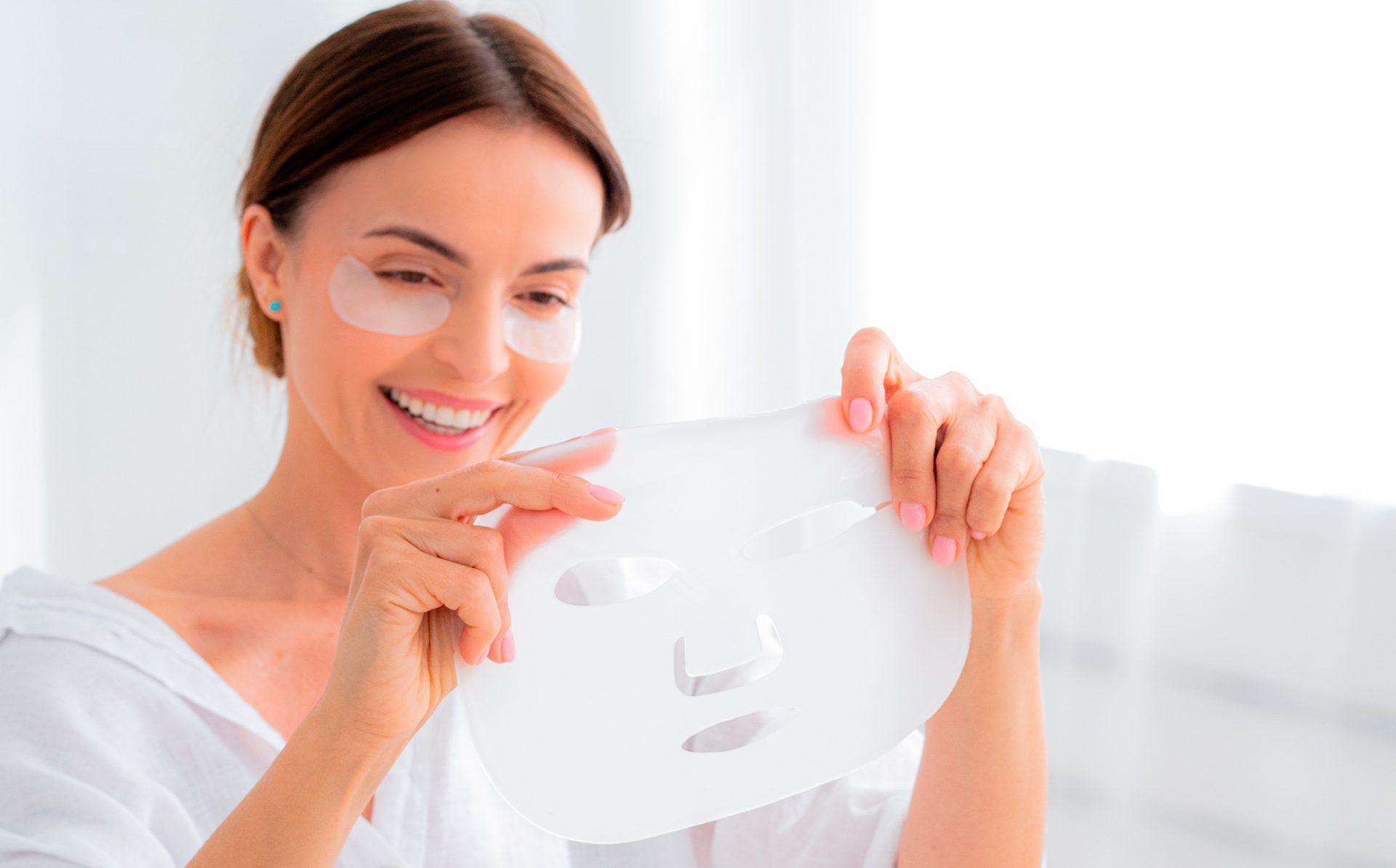
Unique Tips Most Articles Miss
Here’s where we go beyond the basics. These ideas add extra value and make your mask game next-level.
Pair It with Your Pillow
Your pillow’s texture matters. A silk pillowcase cuts down on friction, so your skincare mask doesn’t smear off. Cotton? It might soak it up and leave you with nothing.
Timing Is Everything
Don’t slap on a mask right before bed. Give it 20 minutes to sink in—your skin absorbs better when you’re upright, says a 2022 Journal of Cosmetic Dermatology study.
The Humidity Hack
Dry room? A mask can trap moisture from a humidifier, turning your sleep into a mini spa. No one’s talking about this combo, but it’s a game-changer for winter nights.
Mini Poll: What’s your room like at night?
- Too dry
- Just right
- Super humid
(Think about it—might change how you mask up!)
Who Should (and Shouldn’t) Sleep with a Face Mask?
Not everyone’s a mask-at-night candidate. Here’s a quick rundown.
Perfect For:
- Dry Skin Squad: If your face feels like the Sahara, an overnight mask is your hydration hero.
- Allergy Sufferers: A cloth mask might keep sneezes at bay.
- Skincare Junkies: Love experimenting? This is your playground.
Skip It If:
- Oily Skin: Heavy masks might clog pores—stick to light serums instead.
- Restless Sleepers: If you thrash around, masks won’t stay put.
- Claustrophobes: Feeling trapped? This isn’t for you.
Real-Life Stories: What People Say
Let’s hear from some folks who’ve tried it. These are made-up but based on real trends I’ve seen buzzing around (like on X lately!).
- Mia, 14: “I used a sheet mask overnight, and my skin was so soft! But it slid off, and my dog licked it. Ew.”
- Jake, 16: “I wore a cloth mask ’cause my room’s dusty. Slept better, but it smelled funky by morning.”
- Lila, 15: “Tried a gel mask—woke up glowing but had to wash my pillowcase. Worth it!”
Your Turn: Tried it yet? What happened? Imagine texting your bestie about it!
Busting Myths About Sleeping with Face Masks
There’s a lot of noise out there. Let’s clear up some nonsense.
Myth 1: “You’ll Suffocate!”
Nope. Unless you’re taping a plastic bag over your face (don’t!), oxygen’s not an issue.
Myth 2: “Masks Always Cause Acne”
Not true. It’s about the mask type—hydrating ones can actually fight breakouts.
Myth 3: “It’s Just a Gimmick”
Science says otherwise. Overnight masks can deliver real results if you use ’em right.
The Future of Sleeping with Face Masks
What’s next? People are getting creative. On X, folks are chatting about “smart masks” with sensors to track sleep or skin health—crazy, right? Plus, eco-friendly sheet masks are trending as we all try to ditch plastic. Keep an eye out—2025 might bring some wild sleep mask upgrades.
Wrapping It Up: Should You Try It?
So, can you sleep with a face mask on? Yup, and it might even make your nights better—whether it’s smoother skin or fewer sniffles. The trick is picking the right mask, prepping smart, and listening to your body. If it feels good, roll with it. If it’s a hassle, skip it.
Final Challenge: Try it for a week. Jot down how your skin or sleep changes—could be your new secret weapon! What do you think—ready to mask up tonight?


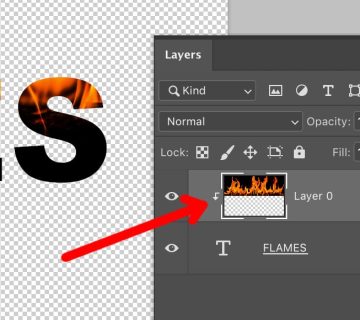

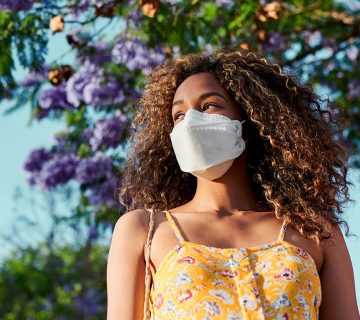
No comment